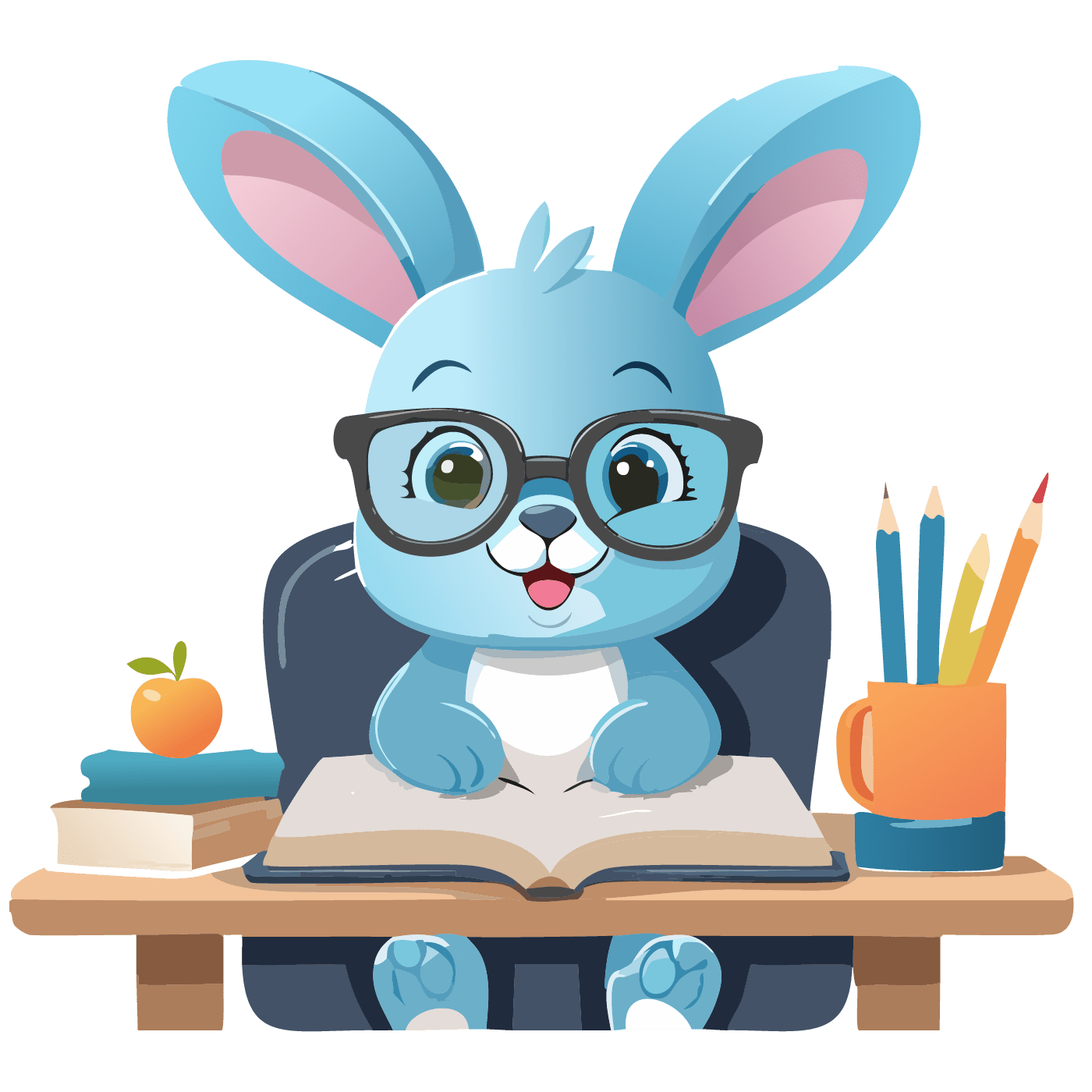Dyslexia
Dyslexia is a neurological learning disability that affects reading, spelling, and writing. It often runs in families and involves difficulty with phonological processing—the ability to recognize and work with the sounds in spoken language.

October is Dyslexia Awareness Month.
October is Learning Disabilities Awareness Month, which includes awareness of dyslexia. Dyslexia Awareness Day is observed on October 8th each year.
What is Dyslexia?
Dyslexia is a neurological condition that primarily affects a person’s reading, spelling, and writing ability. It is a specific learning disability that has a neurological basis, and it often runs in families. Individuals with dyslexia may have difficulty with phonological processing, which involves the ability to recognize and manipulate the sounds of spoken language.
Educational Tips
Communication
-
Speak clearly and slowly: When giving instructions, speak slowly and clearly, and make sure each syllable is clear.
-
Use short sentences: Use simple, short sentences instead of multiple sentences to say the same thing.
-
Avoid complex terms: Avoid using technical or complex terms.
-
Use visual aids: Use charts and diagrams to help students understand and remember information.
-
Break down words: Teach students to break words down into smaller sounds, or phonemes, to help with pronunciation and understanding.
-
Provide outlines: Provide outlines of lectures to help students follow the lesson and ask questions.
- Use technology: Record directions using technology so students can listen to them as often as needed.
-
Use autocorrect: Use autocorrect on a computer to help students type.
-
Use color coding: Allow students to highlight or color-code assessments.
-
Use a Livescribe SmartPen: Use a Livescribe SmartPen to capture everything a student hears and writes in class.
-
Use Whispersync: Whispersync allows a computer or tablet to read papers, notes, and other materials back to a student.
-
Avoid forcing students to read aloud, especially if they haven’t had time to prepare.

15 Tips for Managing Dyslexia and Homeschooling
Managing dyslexia in a homeschooling environment can be both challenging and rewarding. Here are some tips to help you create an effective and supportive learning...
Classroom Management for Dyslexia Students
Classroom management for dyslexia students involves creating a supportive learning environment that reduces challenges and builds on their strengths. Here are some...
Dianne Craft “Right Brain” Learning System
The Dianne Craft “Right Brain” Learning System originated as Child Diagnostics, a private consulting firm founded by Dianne Craft in 1997 in Denver, Colorado. Families...
Dyslexia and Education
Dyslexia is a neurodevelopmental disorder affecting a person's reading, writing, and spelling ability. To support the unique learning needs of individuals with dyslexia, it...
Dyslexia Behavioral Management
Behavioral management for students with dyslexia often involves a combination of positive reinforcement, structured routines, and individualized strategies to support...
Formative Instructional Tools
Formative instructional tools are resources and strategies that help teachers assess students' understanding and progress in real time, allowing for timely feedback and...
Homeschooling a Child with Dyslexia
Homeschooling a child with dyslexia can be a rewarding and effective way to provide them with the support and tailored education they need. Dyslexia is a specific learning...
Homeschooling with Dyslexia
Homeschooling with Dyslexia is a forum for sharing encouragement and resources for homeschooling parents or parents considering homeschooling their kids with dyslexia....
Language Disorders
Language disorders can affect a person’s ability to understand, express, or process language. Here are the main types of language disorders: Receptive Language Disorder...
Successfully Homeschooling with Children with Special Needs
Homeschooling children with learning disabilities, such as ADHD, Sensory Processing Disorder (SPD), autism, or other learning differences, requires a tailored approach that...
The 10 Levels of the Barton Reading and Spelling System
The Barton Reading and Spelling System consists of 10 levels designed to build progressively on students’ reading, spelling, and writing skills. Here’s a breakdown of the...
Treatment and Management of Dyslexia
Dyslexia, a specific learning disorder affecting reading and language processing, can be managed through interventions, educational strategies, and support systems. While...

